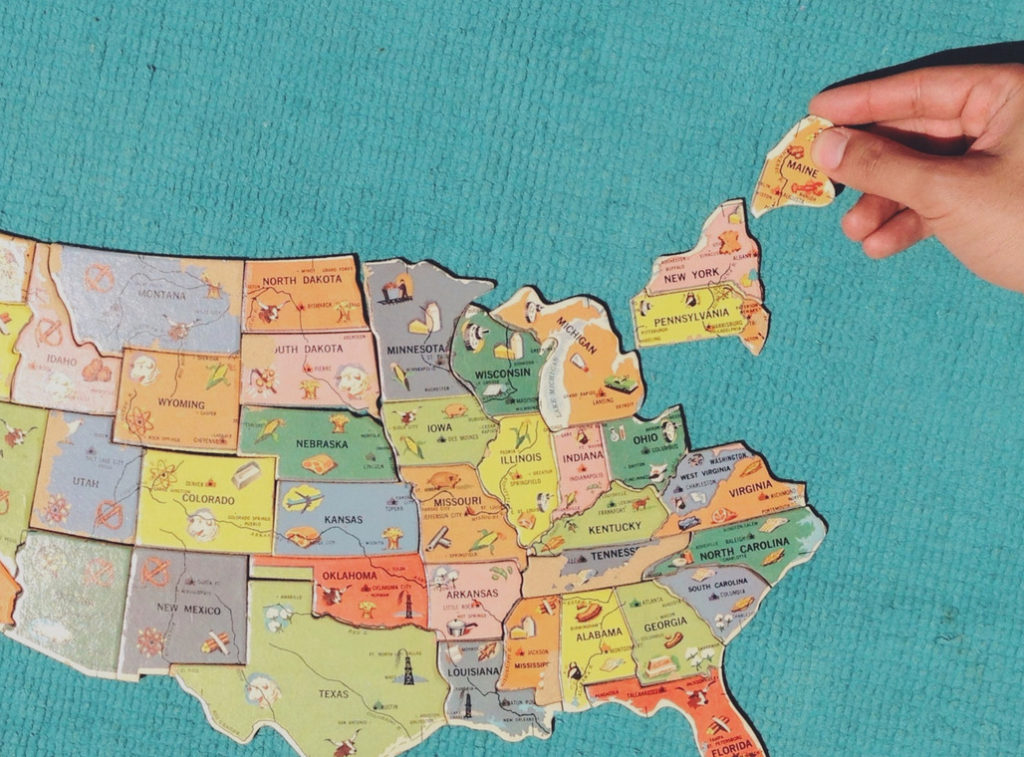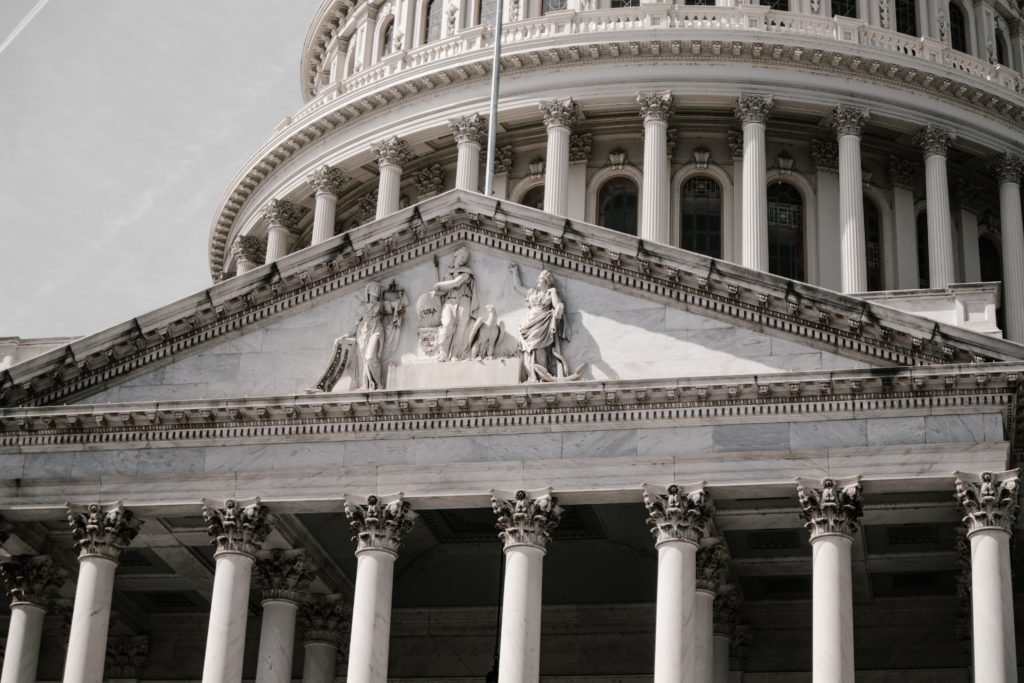Industry View 2020
A look at what’s on the minds of those at the helm of America’s iconic brands.
2020
At the dawn of a new decade, it is a consumer’s world.
Empowered by new technologies and extraordinary access to information, consumers are driving change at an unprecedented pace.

Effective CPG leaders are leaning into what consumers demand today and forecasting what they will want tomorrow — all while ensuring the affordability and availability of products Americans depend on every day.
The Consumer Brands Association’s Industry View 2020 is the inaugural research examining the issues of greatest concern to these leaders. Through a survey of 28 CEO or equivalent-level executives from Consumer Brands Association’s membership, Industry View 2020 looks inside the minds of those at the helm of America’s most iconic brands.
What Keeps CEOs Up at Night?
Global CPG companies face a host of challenges. Here are their top five responses in each category.
Top Issues Impacting Their Business
Top Political Issues Affecting Their Business
Top Focus Areas in 2020
Top Threats to Consumer Trust

Top Issues Impacting Their Business
CPG executives were asked to rate a set of issues on a one to seven scale, one being the lowest.
Complying with a patchwork of state regulations: 5
Concerns over plastic and packaging issues: 4.92
Disruptor brands or private label: 4.67
Transportation capacity costs: 4.56
Complying with federal regulations: 4.52

Top Political Issues Affecting Their Business
CPG executives were asked to rate a set of issues on a one to seven scale, one being the lowest.
New state government regulations: 5.11
Tariff and trade wars: 4.89
Marine debris/plastics and packaging legislative proposals (state or federal): 4.41
Election outcomes: 4.37
California’s Proposition 65 and other disclosure regulations: 4.37

Top Focus Areas in 2020
CPG executives were asked to rate a set of issues on a one to seven scale, one being the lowest.
Attracting and retaining talent: 5.7
Being more sustainable as a company: 5.52
Managing external brand/reputational risk: 5.11
Improving diversity and inclusion efforts: 4.93
Offering competitive employee health and benefits plans: 4.48

Top Threats to Consumer Trust
CPG executives were asked to rate a set of issues on a one to seven scale, one being the lowest.
Misinformation (from bloggers, social media, etc.): 4.86
Conflicting science: 4.14
Untrue or overstated marketing claims: 3.86
Failures in the system (recalls, bad actors): 3.82
Negative assumptions about corporations: 3.82
Key Themes

When it comes to making business decisions, consumers drive change.
Eighty-six percent of the CEOs surveyed ranked the consumer as having the number one impact on their decision-making, establishing consumers as the de facto regulator of the industry. Nothing else came close — not even shareholder demands, which only seven percent ranked as number one.
The success of CPG companies is in their relationships with consumers, relationships dependent on trust. The top three threats to consumer trust — misinformation, conflicting science and untrue claims, in that order — center on the need for reliable information.

The state regulatory environment is a top issue.
Most regulations for CPG companies are smart, valuable and strengthen consumer trust. But regulation becomes more complicated and has more adverse effects on consumers when it is inconsistent, conflicting or patchwork — and examples of this challenge abound at the state level.
Forty-three percent of CPG leaders said state regulations create more burdens for their business in terms of staff time and compliance costs, three times the number (14%) who believe federal regulations have a more significant impact in terms of time and cost.

Sustainability occupies the minds of CEOs more than any other single issue.
Sustainability is critically important to CPG leaders, just as it is to American consumers. When it comes to what they are focusing on in 2020, sustainability is second only to attracting and retaining talent.
More than nine-in-ten (93%) CPG leaders estimated they spent more time on sustainability issues today than they did five years ago. In 71 percent of CPG companies surveyed, the sustainability lead either reported directly to the C-Suite (57%) or was a C-suite position in their company (14%).

Transportation costs still loom large for CEOs.
In 2018, the cost of getting CPG products to consumers rose sharply, driven in large part by a truck driver shortage that skyrocketed market rates for moving goods. Since then, the pressure has eased, but concern lingers.
Transportation costs ranked fourth in terms of likelihood of impacting business in 2020. One-fifth (20%) of CEOs surveyed rated transportation costs as a six or seven, on a scale of one to seven, in terms of likelihood of impacting their business.

Washington’s influence will be significant for CPG in 2020.
The 2020 election is a top political issue that CPG leaders are watching. It will affect everything from trade — second in the rankings of top political issues — to talent attraction and retention, an issue that becomes more competitive in times of low unemployment.
After a volatile 2019 that reexamined longstanding trade norms — primarily with China, Mexico and Canada — CPG leaders will watch 2020 trade negotiations closely. The industry’s exports have grown 148 percent in the last 15 years, from $41.5 billion in 2003 to $102.7 billion in 2018, outstripping growth in both manufacturing and total U.S. goods exports.


